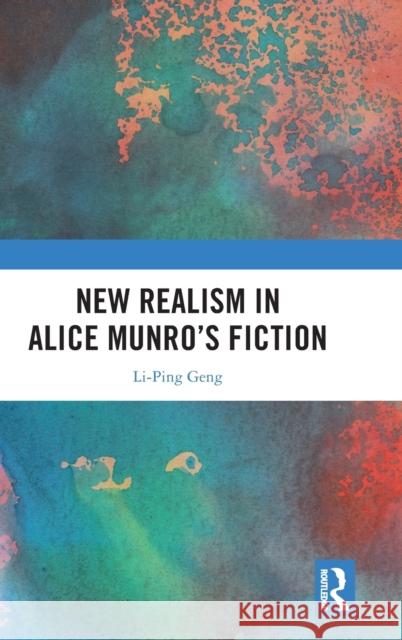New Realism in Alice Munro's Fiction » książka
topmenu
New Realism in Alice Munro's Fiction
ISBN-13: 9781032289960 / Angielski / Twarda / 2022 / 208 str.
New Realism in Alice Munro's Fiction
ISBN-13: 9781032289960 / Angielski / Twarda / 2022 / 208 str.
cena 754,51
(netto: 718,58 VAT: 5%)
Najniższa cena z 30 dni: 654,86
(netto: 718,58 VAT: 5%)
Najniższa cena z 30 dni: 654,86
Termin realizacji zamówienia:
ok. 16-18 dni roboczych.
ok. 16-18 dni roboczych.
Darmowa dostawa!
The book studies Alice Munro's inheritance of and contribution to Realism from the perspective of a Chinese scholar.











